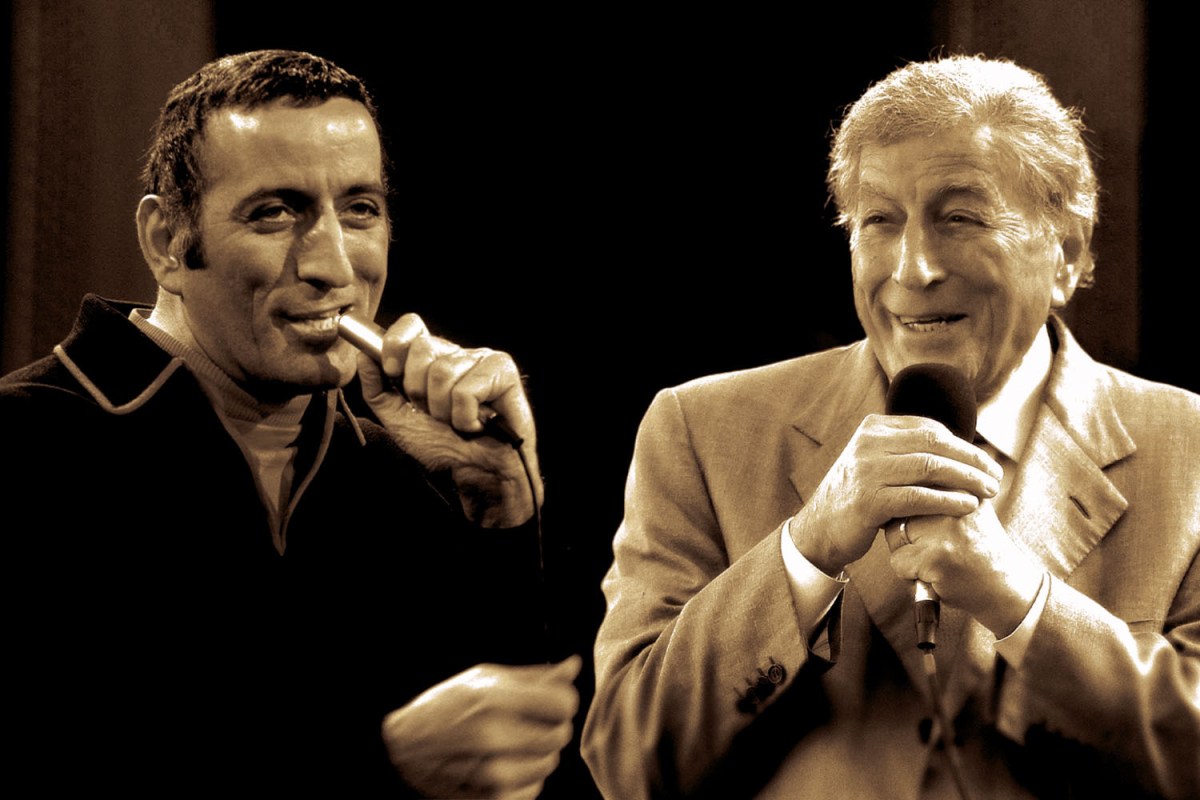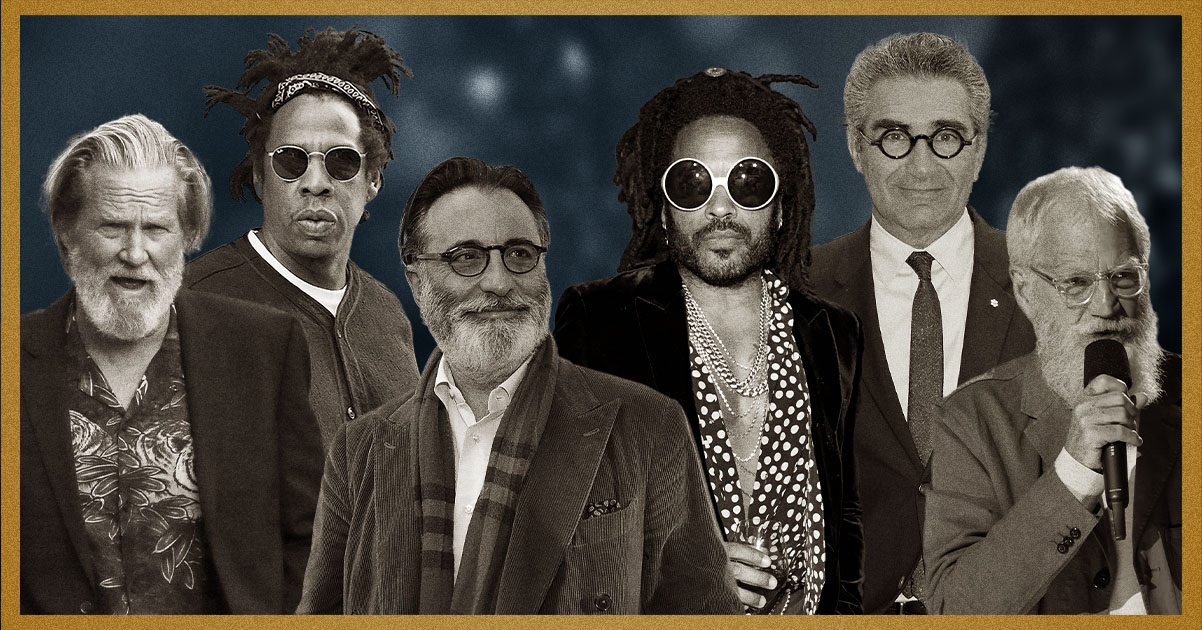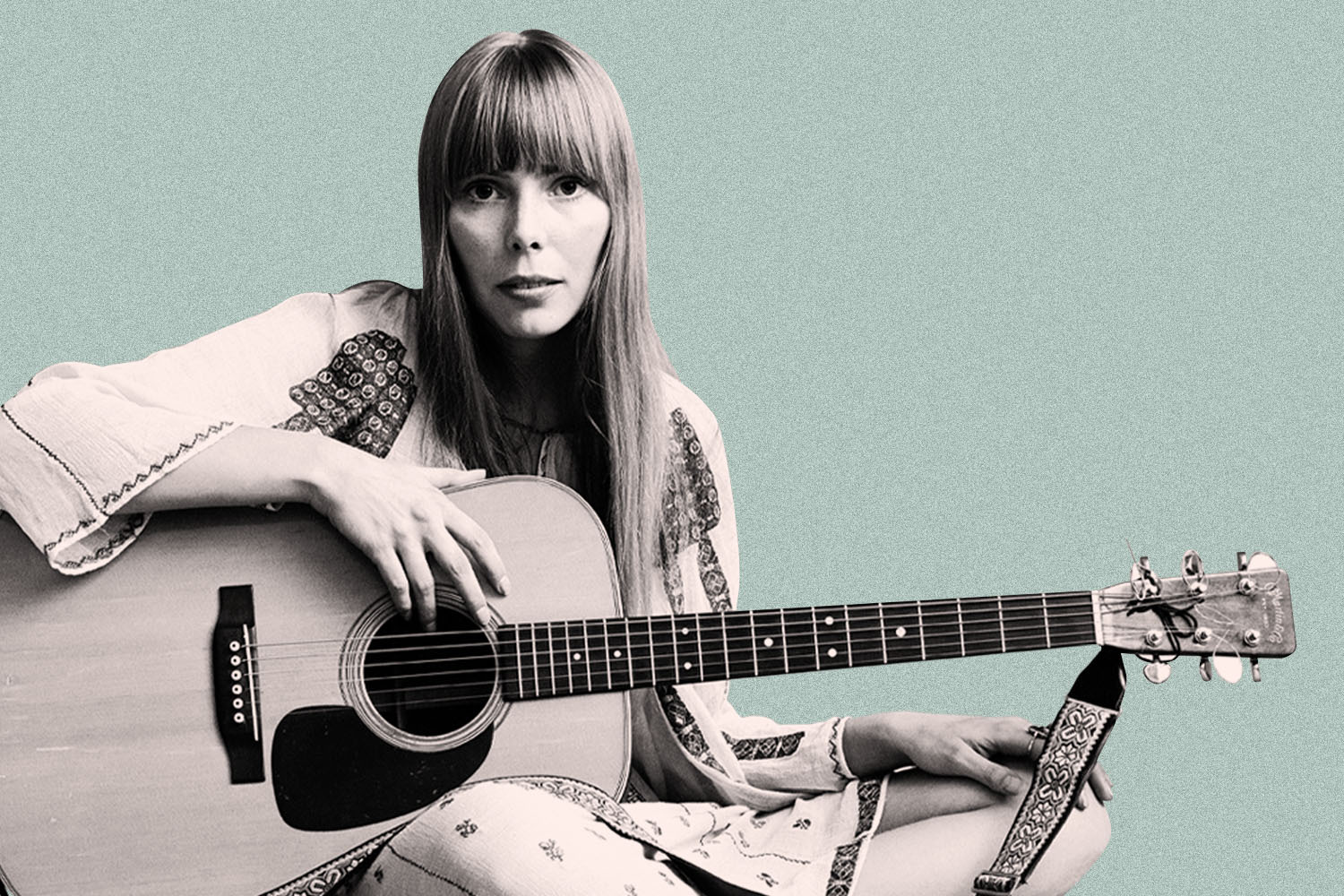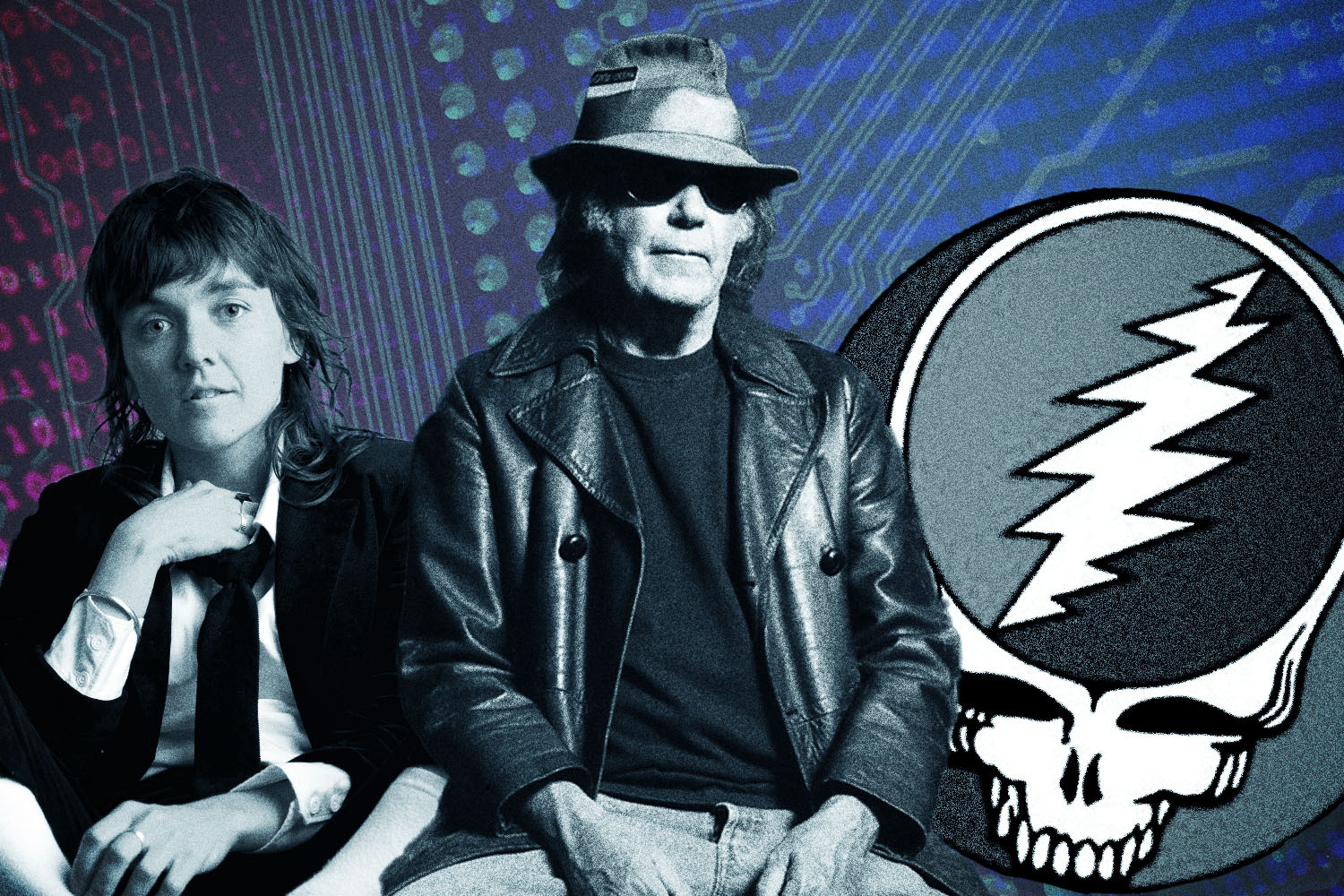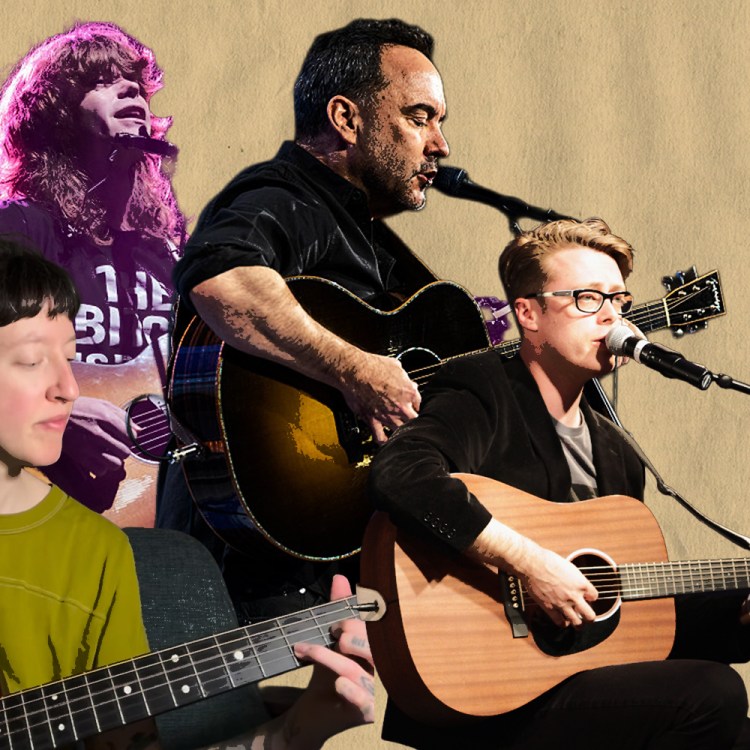This article was originally published in 2021, when Bennett, the last great American crooner, released Love for Sale, his final album, with Lady Gaga.
When Tony Bennett stood in the wings of Radio City Music Hall on August 5 preparing for the final public performance of his lifetime, what was going through his head? According to the nonagenarian legend, who recently announced his retirement, there’s one thing he thinks of every time he takes the stage. It’s something Frank Sinatra wrote about him back in 1965.
“For my money, Tony Bennett is the best singer in the business, the best exponent of a song,” Sinatra wrote that year in an issue of Life magazine. “He excites me when I watch him — he moves me. He’s the singer who gets across what the composer has in mind, and probably a little more.”
In his book Just Getting Started, Bennett wrote that the compliment “gave [him] a lot to live up to.” But when those words first hit newsstands across the country, he was already trying to live up to the success of the album I Left My Heart in San Francisco, named for what became his signature tune; it wasn’t his first hit, but it led to his first two Grammy Awards in 1963, when he was in his mid-30s, and put him in conversation with the great voices of his time (he won out against Nat King Cole and Sammy Davis Jr. in the Record of the Year category).
Today, at 95 years old, Bennett releases his 61st and final studio album, Love for Sale. It may seem an odd swan song for the last of the great American crooners, as it exclusively features songs by Cole Porter, and he shares it with Lady Gaga, a pop star 60 years his junior and a collaborator many are still trying to wrap their head around since the pair’s first album, Cheek to Cheek, came out in 2014. But if those elements sound like the result of some record execs throwing darts in the dark, a closer look, and listen, reveals a carefully orchestrated finale that mirrors his unimaginably long, successful and possibly unrivaled career.
The truth is, Tony Bennett could have released anything he wanted as his final album and it would have a shot at topping the charts. So it goes with last acts. In fact, it’s likely some people thought he was taking an anything goes approach when the the title track (and second single) was released in September. The first single, “I Get a Kick Out of You,” is a crowd-pleasing classic most people know from a popular musical (Anything Goes). “Love for Sale,” on the other hand, is an odd tune sung from the perspective of a prostitute in a musical most people have never even heard of in passing (The New Yorkers), though the lyrics have been slightly altered here so Lady Gaga, not Bennett, is the one selling.
“If you want to buy her wares,” he sings. “Follow me and climb the stairs,” she follows. “Love for sale!”
On the surface, it’s a confounding, sexual enigma. Is this truly how Bennett wants to go out? A look through his massive discography, however, shows it’s an ode to his beginnings.
“Love for Sale” was not only featured on I Left My Heart in San Francisco, which is today one of his best-selling albums of all-time, but previously on The Beat of My Heart, a record he released five years earlier in 1957, not long after the official start of his music career. In that sense, the song follows Bennett’s winning formula of re-recording tracks that he’s known for and that have done well by him — something he’s done to great acclaim on his series of Duets albums, two of which have gone platinum, as well as in live recordings, like an MTV Unplugged album in 1994 that reinvigorated his career and introduced him to younger audiences, also winning him his only Album of the Year Grammy.
“I asked Sinatra one time, I said, why do you think that we’ve sustained so long through the years?” Bennett recalled to Terry Gross in a Fresh Air interview in 1991. “He said [it’s] because we’ve stayed with good songs.”
Calling Cole Porter’s output “good songs” is an understatement of course, Porter being one of the major contributors to the Great American Songbook and most important figures in American music, period. (As Adam Gopnik detailed in The New Yorker last year, Porter developed “a new kind of American lyric, and language.”) But Bennett has also sustained a career so long because of the musicians he’s aligned himself with, both in friendship, like Sinatra, and in song, like Lady Gaga.
If you asked professional music reviewers what they thought of Cheek to Cheek, Bennett and Gaga’s first album, when it debuted in 2014, you would have received mixed reviews. One particularly laughable takedown went as far as to say that the two have “zero chemistry,” which, after listening to the album a few times, comes across like a fifth grade review of a book they’ve obviously never read. The most miraculous part of Cheek to Cheek, and now Love for Sale, is not only the fact that a 90-year-old is releasing renditions of songs that rank alongside the catalog from his 30s, but that he’s doing it with someone who is in her 30s, and you easily forget about the age difference a few songs in.
Admittedly, Stefani Germanotta (as the Italian Lady Gaga was born) does lead Anthony Benedetto (as the Italian Tony Bennett was born) more by the hand on this second outing than the first — though both have a couple solo tracks once again — but that’s to be expected, not simply because Bennett is at an age where any other musician would have retired, but also undoubtedly because he is battling Alzheimer’s, a disease that was diagnosed in 2016 but not made public until earlier this year.
According to the AARP magazine article that broke the news, Bennett’s constant singing and performing career has, at least in part, kept him sharp. He’s been a regimented, meticulous vocalist throughout his career — not a natural who fell into his signature style easily. As Bennett told Terry Gross in ‘91, when he was young his uncle said he’d never make it as a singer because he had a rasp in his voice. Instead of letting that deter him, he figured out how to control his vocal quality with help from people like the jazz drummer Louie Bellson, who Bennett once credited with teaching him how to breathe. Those lessons helped turn him from Anthony Benedetto into Tony Bennett, and they’ve ushered him through with aplomb to his final bow on Love for Sale.
While Bennett never met Cole Porter, he writes in Just Getting Started that when he sings his songs, “each time it’s like opening some exquisitely made treasure.” The same could be said of listening to Bennett’s vast canon. With definitive renditions of classics like “The Way You Look Tonight,” he’s been the soundtrack to so many moments in so many lives, and with rafts of underappreciated tracks yet to be discovered by the masses, like his stirring take on “But Beautiful” with Lady Gaga, a favorite of mine, that will only continue.
This article appeared in an InsideHook newsletter. Sign up for free to get more on travel, wellness, style, drinking, and culture.
